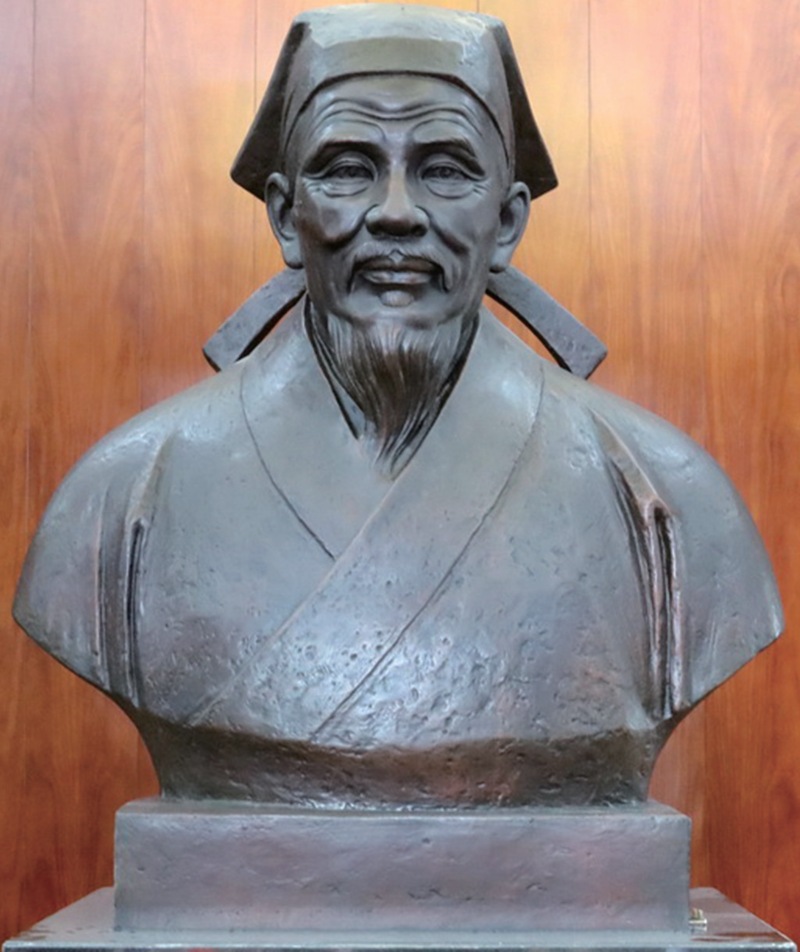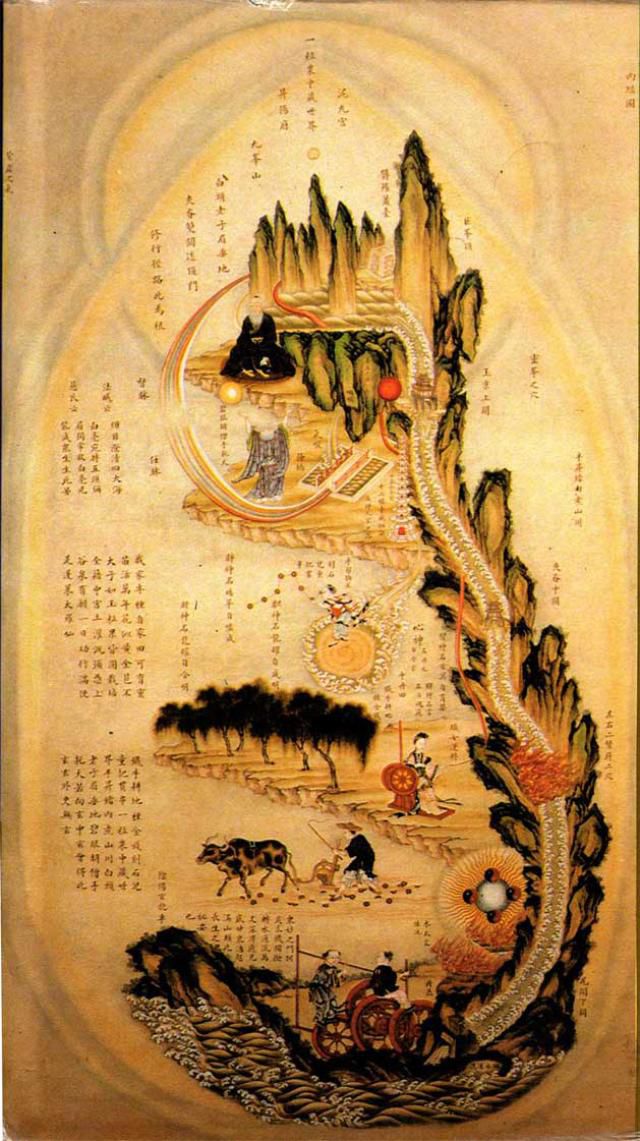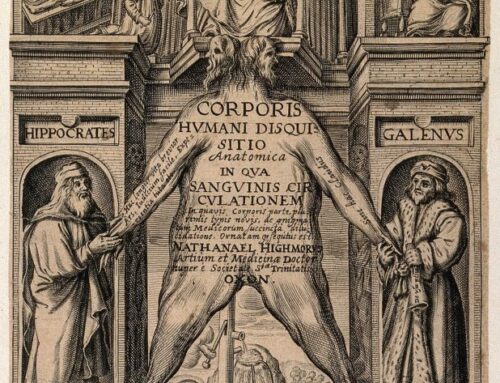My research project analyses the complementarity of ethics and politics in the thought of Zhu Xi 朱熹 (1126-1200) preeminent thinker of the Southern Song era (1127-1279), focusing in particular on the notion of corporeity.
This project analyses the complementarity of ethics and politics in the thought of Zhu Xi 朱熹 (1126-1200) preeminent Confucian master of the Southern Song era (1127-1279), who advocated the interpenetration of ethics and politics, of activity and stillness, of energy (qi 氣) and order (li 理), of theory and corporeity, within a syncretic framework that draws extensively from the Buddhist and Daoist traditions. Zhu Xi’s commentary on the Four Books was later adopted as the basis for the Imperial Examination System until 1908, renewing thoroughly the Confucian tradition and exerting a durable influence in China and East Asia for centuries, in a way that is perhaps only comparable in the West, for breadth and ambition, to Aquinas’ Summa.
A study on the relation between order and corporeity in the philosophy of Zhu Xi will also provide a functional set of hermeneutic keys to renew the understanding of contemporary Chinese politics in the globalised arena. Zhu Xi is still a pivotal figure of the Chinese cultural tradition, to the extent that, no later than March 2021, Xi Jinping, current General Secretary of the Chinese Communist Party and President of the People’s Republic of China, paid a visit in Wuyishan 武夷山 (Fujian province) to a park dedicated to the Confucian thinker, restating the necessity to adapt Marxist politics to China’s conditions through the understanding of 5,000 years of Chinese civilisation – stressing in particular the centrality of Zhu Xi’s heritage.
The syncretic, holistic notion of corporeity delineated in Zhu Xi’s system opens up new opportunities for cross-cultural dialogue, explaining for instance, from a different perspective, the realization of such impacting large-scale projects as the controversial Three Gorges Dam on the Yangtze River. The dam, despite reducing coal emissions and preventing natural calamities, flooded over a thousands of archaeological sites and imposed the forced relocation of several millions of residents. Sometimes, the well-being of the whole body (PRC) requires drastic interventions on one part (Hubei province), favouring impartiality over one-sidedness.
Furthermore, an analysis of the (significant) ecological implications of Zhu Xi’s notion of corporeity and his philosophy may represent a crucial step towards the opportunity for a fruitful (albeit critical) dialogue with PRC on environmental policies under the terms of its own cultural and ethical values.









